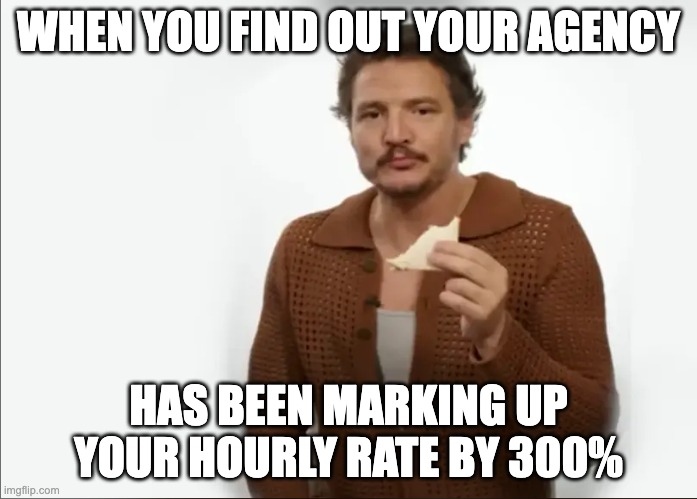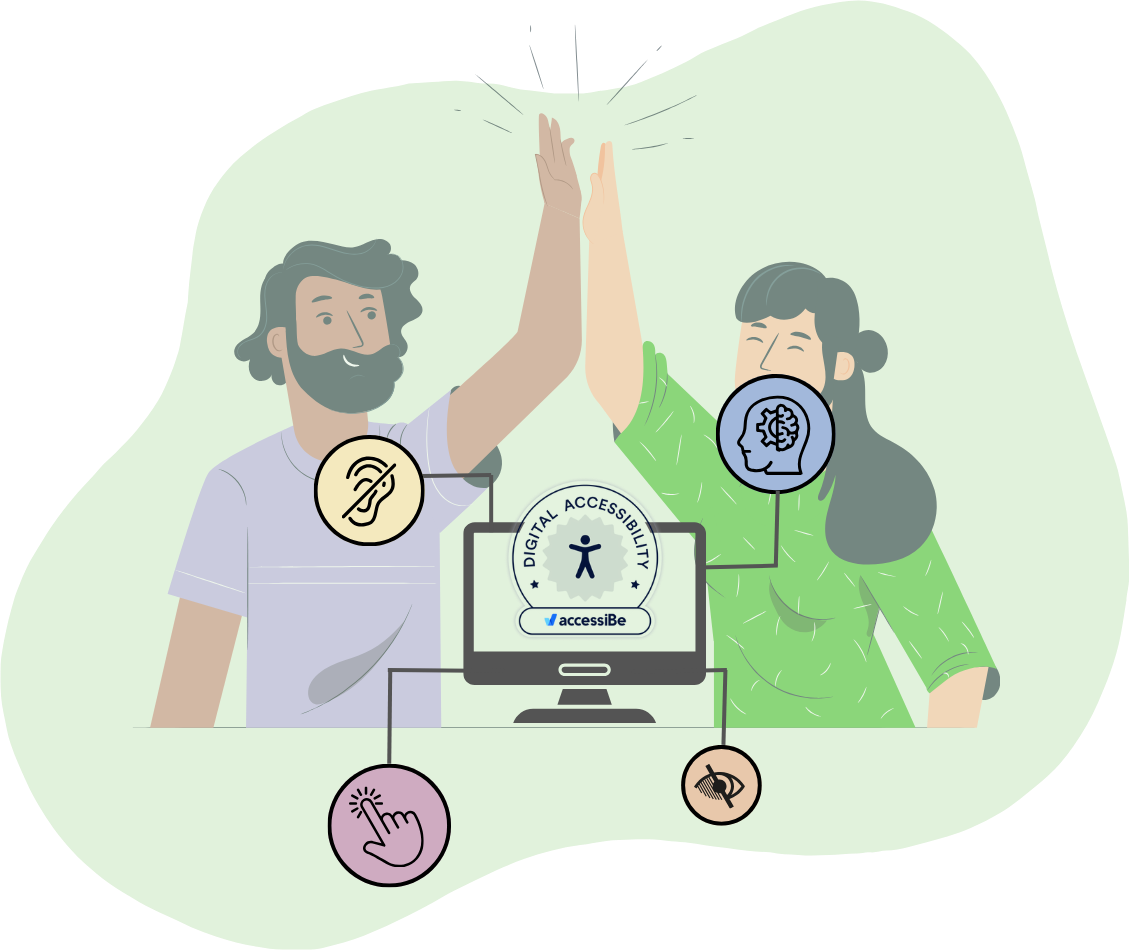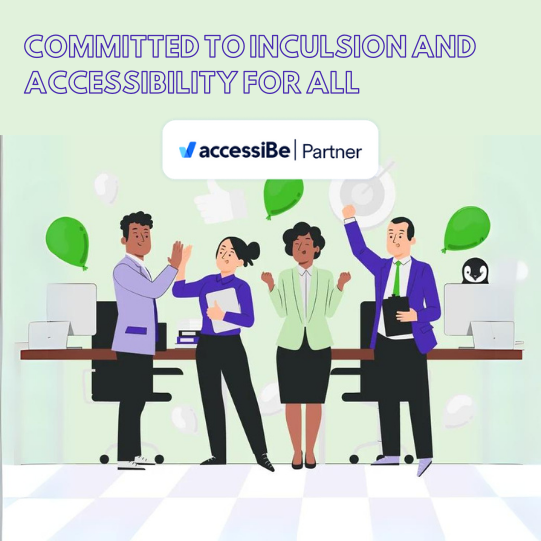As HubSpot has grown over the years and expanded their product offerings, there has been more and more opportunities for HubSpot Partner agencies to specialize, expand their service offerings and really be a comprehensive business consultant to their client base. It has also meant investing heavily in the right kind of talent that will help situate your agency to really support the success of your customer in the long term. Exceptional talent is hard to get and harder to keep, particularly in the Millennial generation. In 2014, Deloitte conducted a survey of 7,800 Millennials where 70% of them reportedly expected to be working for themselves by 2025. This generation was also predicted to occupy 75% of the workforce by 2025.
It’s no wonder agencies are struggling with a talent gap. The number of people with deep experience inside the HubSpot platform aren’t many and a lot of the veterans have moved on from being an employee at an agency to opening their own agency. It’s not enough anymore to hire out a new graduate with a fresh degree in Communications or Marketing, get them trained on HubSpot Marketing Pro and send them on their way.
It might’ve worked in the past, but the types of clients that HubSpot is angling for now are much more complex. They’re moving more and more towards Enterprise level clients and the small business in large part is priced out. While HubSpot has recently introduced some packages that are much more small business friendly, when it comes to building the agency that you want to build and servicing multiple customer portals - you sometimes need some backup.
A specialized technical, architecture or reporting partner can dig deeply into an organization’s business processes and glean specialized insight that the average marketing agency employee wouldn’t have experience with. Hiring on a full time version of these specialized contractors would run you hundreds of thousands of dollars. While we prefer to have work referred to us, because we can work faster and more efficiently, we understand that some partners aren’t comfortable with that. However, to help make sure that no boundaries are crossed and things go as smoothly as possible, we wanted to write down a few helpful tips coming from a specialized partner to help you successfully white label HubSpot CMS development, HubSpot architecture, and HubSpot Reporting contractors.
Communicate expectations in advance.
You wouldn’t believe the number of stories we have to sit through and the different circumstances we hear as to why we have to white label our services. Here’s a little secret - we don’t really care why. We just want to know how to avoid weird scenarios like the customer going around you, requesting items that are outside of the scope or trying to push in work behind your back. Full transparency is going to allow us to work as efficiently as possible, without having to ask you a lot of additional questions.
We have no issues being your preferred white label HubSpot CMS developer or reporting contractor as long as the expectations and boundaries are crystal clear in advance. If you prefer to be the gatekeeper, we’re totally fine with that. Just know that the more figurative telephones you add in the middle of the process, the less efficiently work will get done.
Commit to clear expectations from the outset and we’ll be sure to be clear about ours as well. We want this relationship and every project to be as seamless as possible and we’re going to make sure we stay within the parameters of what we discuss, because agencies are our best customers and want to keep you guys happy by keeping your customers happy. That said, lay out the ground rules in advance of the engagement. If we’re not comfortable with something, we’ll be able to tell you at the beginning and we’ll be able to negotiate accordingly.
Understand that working in white label formats requires more work.
From having to login to entirely separate e-mail accounts to texting you to get two-factor authentication codes, the number of situations where we end up having to delay work for access issues are increased when we white label. If we’re not working in your client’s portal under our domain and e-mail, it’s going to cost a little more than if we didn’t have to jump through all those additional hoops.
As you probably know, HubSpot Partners get awarded points for engaging inside customer portals - so if all that work is happening under your e-mail and domain, it comes at an additional cost to us and you should expect to have that passed through to maintain the white label service that you’re requesting.
While that may be a tough pill for some agencies to swallow, the hard fact of the matter is that really high quality, experienced HubSpot technical specialists aren’t as desperate for work as you might think they are. Sometimes new agency clients approach us feeling they’ve got our golden ticket. Don’t get us wrong, we’re grateful for all the partnerships we have with our agency partners, but white label scenarios are more time consuming than working directly with the client. Many HubSpot contractors are inundated with requests and having to jump through more hoops to field them isn’t appealing to a contractor that is already very busy.
If we’re working in a portal under your domain, you’ll likely be billed accordingly and you should expect it. Not only are we not getting a piece of the MRR credit in that portal towards our Partner tiering, but we’re sometimes having to have multiple additional meetings and conversations more than once when we attempt to play telephone to help troubleshoot client issues. If we spend more time doing more work, and get less from it than we would by working with a client directly, there is more expense on our end, so there is more expense on your end. It’s as simple as that.
Be transparent with your fees.

We get it. There’s time, effort and work involved in facilitating the details of any contract, even if you’re just coordinating a referral. Communicate your plans in advance for how you’ll be charging the client, how you need to be billed and how we should expect to be paid. We recently conducted an informal survey about margins relative to white label services for HubSpot Partners and understand that many agencies add anywhere from 10-30% to our fee structure to account for their time, but we need you to communicate this in the event that the client asks how much we charge or about any other details.
If you’ve maintained a good, honest rapport with your clients, they understand that the time you spend collaborating with us is valuable and billable. The more transparent you are about your fees with the client and with us, the easier we can all work together and the more sustainable the relationship is for everyone long term.
Unless…
Don’t be greedy. OR offensive.
We found out recently that a white label partner we were working with was charging 300% of our fees for a service that we were white labeling for them that didn’t require any involvement on their end whatsoever. It was pretty offensive for us, we found out accidentally and we’re pretty sure if the client knew, they’d be equally offended.
Here’s the thing - you charge what you charge. Sometimes white label partners charge a little less than an agency might charge. When there are significant discrepancies between what your white label partner charges and what you charge, you need to have an honest and open conversation and do what is right. If the client would’ve approached us and told us they were willing to pay a little more, charge the client a little less and still make a really good margin on the service, they wouldn’t have lost their ability to partner with us.
Again, maybe you think what you charge is none of our business. But we’re human and so are your customers. If they know they can find a comparable service for less or that you’re gouging your contractors for really no other reason other than the client can pay it - it’s not going to look good. Be an ethical business and do what’s right by communicating with your contractors and clients in advance. There’s no reason that you can’t come up with a compromise to get paid your fees, make your contractor happy and make your client understand the value of the products or services at the very same time.
Don’t scope creep.
You hate it when clients do it to you, but agencies are sometimes culprits themselves when it comes to scope creep on a project. Clearly delineate the parameters of your projects with both your contractor and your client. By establishing them in advance, the client will know exactly what is included. Leave yourself padding when creating budgets with your clients and work through individual scenarios on a case by case basis with your contractors to make sure that both you and the client are being charged properly for the services you’re getting.
Don’t ask for extra features, pretend you didn’t understand the scope of the original agreement or try to push through an extra request at the tail end of a project. Be the client you want to work with! Your contractors will appreciate it so much.
Be gracious with the possible scenarios that may transpire.
We can’t count the number of awkward positions we’ve been put in as a white label contractor. From customers trying to see how much we charge to customers asking to work with us directly and fire an agency - it’s rare, but sometimes there’s some weird stuff that happens. Like, the time that a customer of ours Googled Nicholas Decker HubSpot and found us on an agency’s team page randomly (they added us without our knowledge) and we had to have an awkward conversation about how we don’t actually work for that agency…
Communication is critical, so *we* can operate the right way within it. Make sure that you trust the white label contractors that you work with to make the right decisions that are best for everyone involved and provide a safe format for them to do that. If you don’t trust your contractors, it’s hard for them to feel safe communicating the scenarios that sometimes arise. For example, if the customer is trying to have conversations with a contractor behind your back, there’s a lot to learn from that situation and your contractor should feel safe bringing it up.
By working together to tackle the issue, you can ensure not only that everyone leaves with the optimal outcome, but that you can keep your relationship with both the client and the contractor intact.
Having successful white label relationships can open up your agency to lots of additional service offerings that will not only help you expand the number of customers you reach, but become an even more trusted resource to your HubSpot clients. When you hire an experienced HubSpot professional, you can go far beyond offering marketing services and really digging into the complex business processes and other issues that your clients have that sometimes get in the way of closing deals.
Be a good white label partner by following this simple (and somewhat common sense) list of tips for working with HubSpot CMS development and HubSpot reporting contractors.





